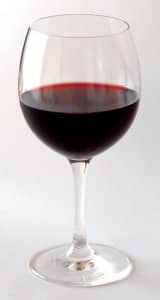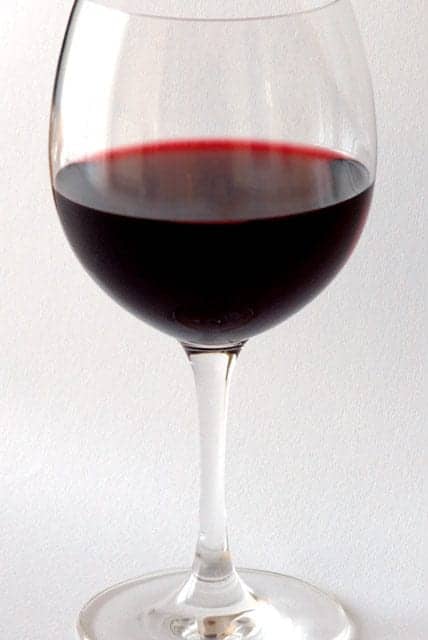
The study showed that the resveratrol found in red wine, chocolate, and grapes was not associated with longevity or the incidence of cardiovascular disease, cancer, and inflammation, but at least one expert—Richard Baxter, MD, a Seattle plastic surgeon and the author of Age Gets Better with Wine—contends that there is, in fact, a considerable health benefit seen among moderate wine drinkers.
The new study included 783 men and women aged 65 or older who took part in the Aging in the Chianti Region study from 1998 to 2009 in two Italian villages.
Resveratrol levels were measured using 24-hour urine collections to look for breakdown products of resveratrol.
During 9 years of follow-up, 268 participants (34.3%) died; of the 639 participants free of cardiovascular disease at enrollment, 174 (27.2%) developed cardiovascular disease during the follow-up; and of the 734 participants who were free of cancer at enrollment, 34 (4.6%) developed cancer during the follow-up. Urine resveratrol metabolite levels were not associated with death, inflammation, cardiovascular disease, or cancer, the study showed.
“In conclusion, this prospective study of nearly 800 older community-dwelling adults shows no association between urinary resveratrol metabolites and longevity,” conclude researchers led by Richard D. Semba, MD, MPH, of the Johns Hopkins University School of Medicine, Baltimore. “This study suggests that dietary resveratrol from Western diets in community-dwelling older adults does not have a substantial influence on inflammation, cardiovascular disease, cancer, or longevity,” they write.
“The conclusion is incorrect at least where red wine is concerned,” Baxter tells PSP. “Evidence consistently shows that drinking in moderation—meaning a 5-oz glass or two with dinner on a regular basis—is associated with longer life, better health, and higher quality of life.”
The misinterpretation comes from looking at increased risk of cancer among heavy drinkers and extrapolating thus risk to moderate drinkers, he says. “It is also important to look at all causes of disease and mortality, because even if moderate drinkers had a slight increased risk of cancer, it is more than offset by lowered risk of heart disease, osteoporosis, diabetes, Alzheimer’s, and other factors.”
The American Heart Association recommends an average of one to two drinks per day for men and one drink per day for women.




